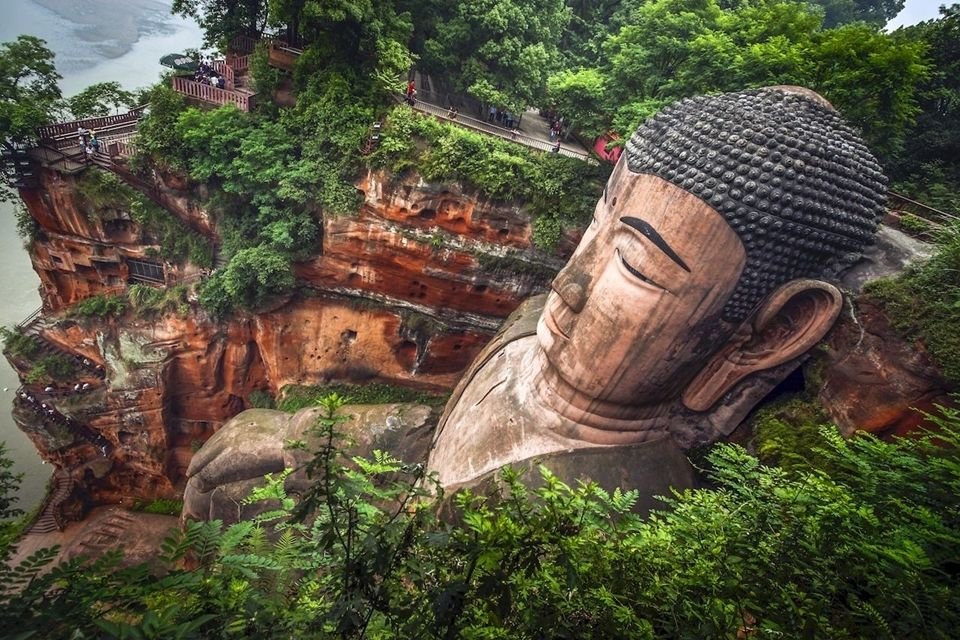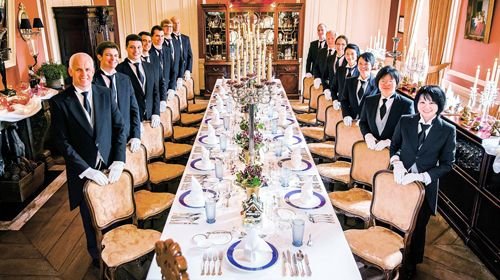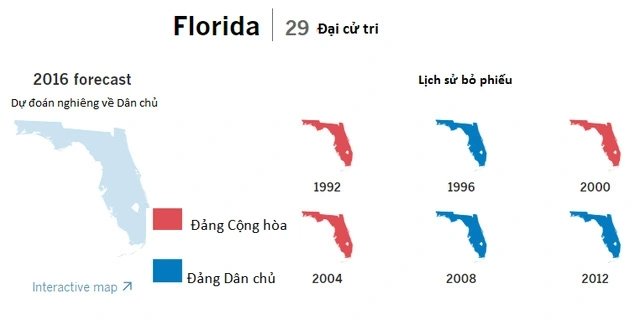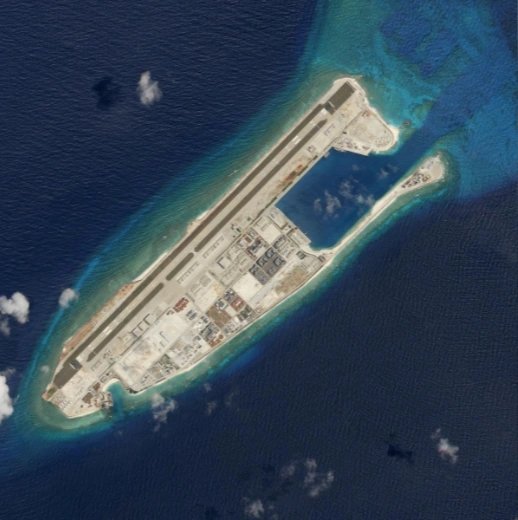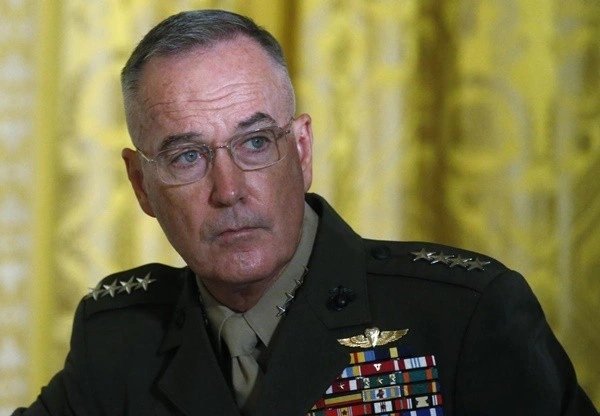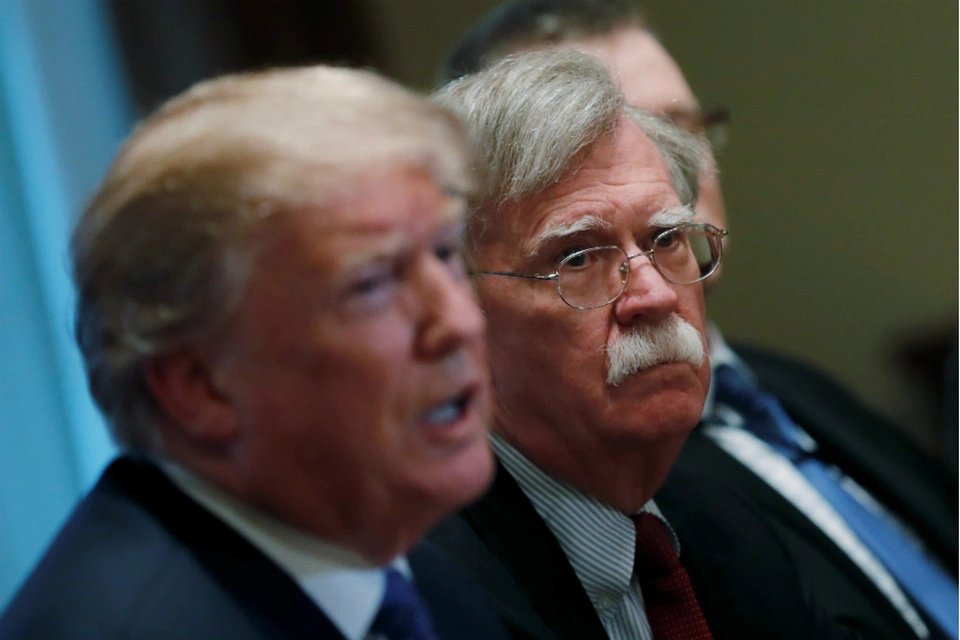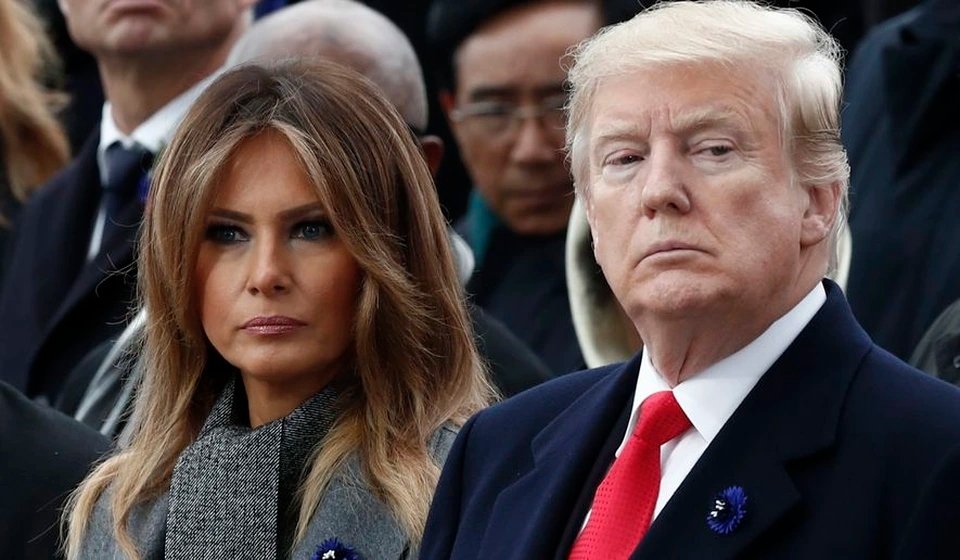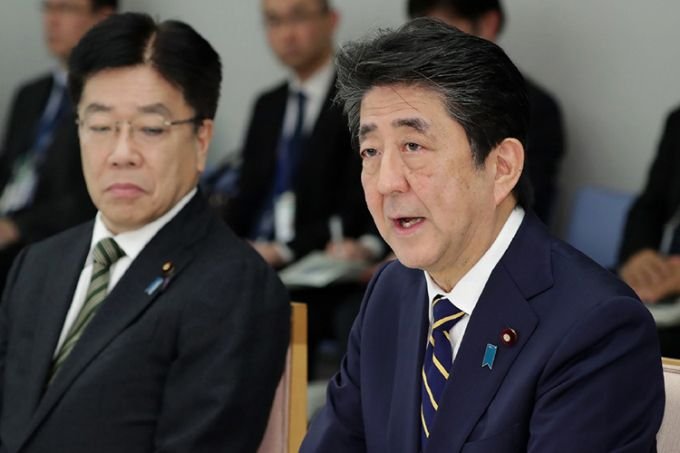
Prime Minister Shinzo Abe yesterday suddenly asked elementary, middle and high schools to close from March 2 until spring break in the second half of March.
`The next week or two is an extremely important period,` Mr. Abe said at a meeting with the Covid-19 epidemic task force in Tokyo, saying the decision was made based on health priorities.
Japan currently records more than 200 cases of nCoV infection and 4 deaths, in addition to more than 700 positive cases and 4 other deaths on the Diamond Princess cruise ship anchored at Yokohama port.
Prime Minister Shinzo Abe (right) and Japanese Health Minister Katsunobu Kato at a meeting on the Covid-19 epidemic yesterday.
The school year in Japan ends in March and spring break usually begins in the last week of the month.
`The announcement was made too hastily,` said the principal of a high school in Tokyo.
The school previously decided to hold the year-end exam from noon to 4:00 p.m. on March 2 to avoid having to travel during rush hour and reduce the risk of virus infection.
`We have set our own measures but we have to start all over again,` the principal said.
The principal of an elementary school in Tokyo said he also did not know what to do after Mr. Abe’s directive.
A female elementary school teacher in Tokyo said that the Prime Minister’s directive was a political move.
Although the private school that this teacher’s child attends is temporarily closed, she said she still sees students gathering in the park.
Many angry parents believe that Mr. Abe’s decision shows that the government does not care about the reality that working parents face.
`Too sudden and irresponsible,` said a 41-year-old woman in Nakano district, Tokyo.
The mother said she has to go on a business trip next week and cannot work from home.
`Is it helpful to miss school if parents still go to work on packed trains? I don’t think Mr. Abe’s decision was carefully considered when making this decision,` she said.

Crowded scene during rush hour at Shinagawa Station, Tokyo today.
Meanwhile, a parent in Fukuoka City with two daughters who are also in elementary school is happy with the decision to close the school.
`I expected school to let me off early,` the 41-year-old woman, a stay-at-home mother, said.
The Kyoto City Department of Education yesterday held an emergency meeting with local school leaders and decided that March 2 would allow students to go to school normally.
In Hokkaido province, which accounts for the majority of Japan’s nCoV infections, the government announced the closure of all schools until March 4.
Jeff Kingston, director of Asian studies at Temple University in Tokyo, said Mr. Abe’s move was political in the context of increasing public dissatisfaction with the government’s response to the Covid-19 epidemic.
`Those are half-measures, stay home, wash your hands, avoid contact with others. He is blaming local governments and businesses,` Kingston said.
Experts are also skeptical about the effectiveness of school closures.
`This is an example of a nationwide plan that has a slim chance of success, as the coronavirus has different levels of spread between regions,` said Kentaro Iwata, a professor specializing in infectious diseases at

